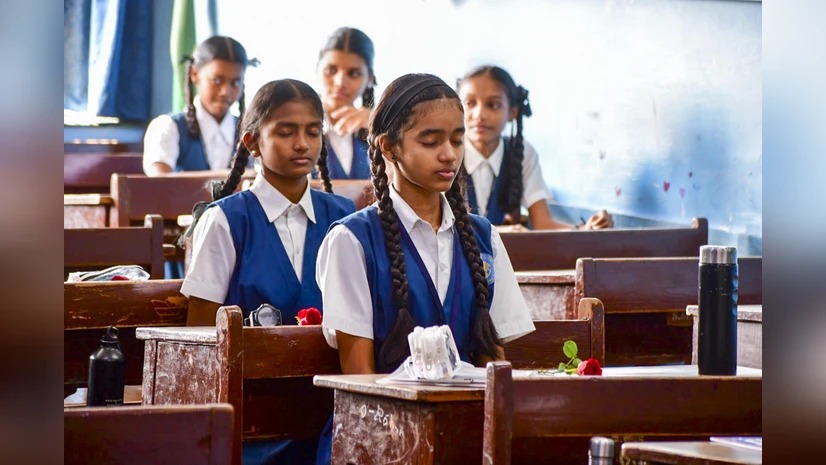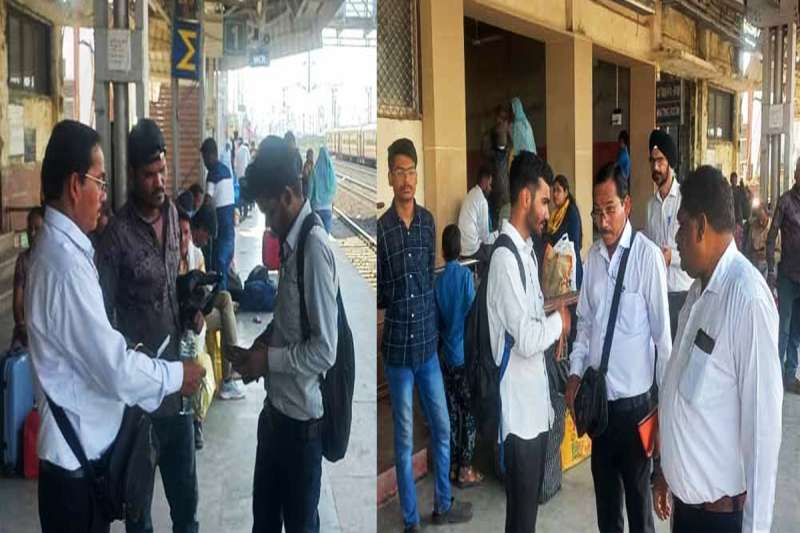K.A. Abdul Gafoor, J.@mdashState of Kerala has filed these appeals challenging the inadequacy and illegality in the sentence passed on the accused. The respective accused persons in these cases have been charged with the offence punishable u/s 55(a) of the Abkari Act. All of them pleaded quality and have been sentenced u/s 58 of the Act, imposing a Fine or Rs. 150/- on each of them. The offence has been committed in the year 1995. On the date of commission of offences, in these cases admittedly. Section 58 read as follows:
Whoever without lawful authority, has in his possession any quantity of liquor or of any intoxicating drug, knowing the same to have been unlawfully imported, transported or manufactured, or knowing not to have been paid therefore shall on conviction before a Magistrate, be punished with fine which may extend to (fifteen thousand rupees) or with imprisonment for a term which may extend to one year, or with both.
In such circumstances, the imposition of a merge amount of fine or Rs. 150/- was ex facie wrong, illegal and improper, it is contended by the Public Prosecutor. There shall be a minimum fine of Rs. 15,000/- and a term of imprisonment which may extend to one year, the Public Prosecutor contends.
2. It is submitted by the counsel for the accused/respondents that these appeals are not maintainable because the sentence was not imposed after trial. All the accused pleaded quality before the court below before the trial commenced. So no appeal u/s 377(1) of the Code of Criminal Procedure 1973 ought to have been maintained, because the said Section provided for the State filing an appeal "In any case of conviction on a trial held by any court other than the High Court."(emphasis supplied) As the accused persons pleaded guilty, there was no trial at all it is submitted.
3. It is alternatively contended that as these were cases in which the accused persons pleaded guilty, no appeal ought to have been filed u/s 375 of the Code "except as to the extent or legality of the sentence". There is no such illegality. Therefore, the appeals shall have to be dismissed.
4. Notices have been issued in these cases on the petitions for condonation of the delay in filing the appeal. Pursuant to the notice, the accused have engaged their counsel. They have filed vakalath. The delay in filing the appeal has been condoned. The cases have been posted for hearing with their names in the list. The engagement continues. It is because of that the counsel have argued vehemently raising grounds to dismiss these appeals.
5. The first contention, that the conviction, that the conviction was not in a case tried by the magistrate, cannot be accepted. As per Section 238 of the Code, with regard to the trial of warrant cases, it is specifically provided that:
When in any warrant-case instituted on a police report, the accused appears or is brought before a Magistrate at the commencement of the trial, the Magistrate shall satisfy himself that he has complied with the provisions of Section 207.
Therefore, it is evident that the trial commences from the time when the accused appears in court. Section 251 deals with the trial of summons cases by magistrates. It is provided (herein that "when in a summons-case the accused appears or is brought before the Magistrate, the particulars of the offence of which he is accused shall be stated to him, and he shall be asked whether he pleads guilty" or not. Necessarily, it is the beginning of the trial. If he does not plead guilty, the matter will be proceeded with taking evidence and based on the evidence, he will be convicted and sentenced or acquitted. When he pleads guilty, the court may in its discretion convict him thereon. Therefore, there is no basis for the submission that a conviction and sentence in a ease where the accused pleaded guilty is not one on trial.
6. Even otherwise, section 375 of the Code provides for an appeal with regard to the legality of the sentence in cases where the accused pleads guilty. Section 375 of the Code provides:
No appeal in certain cases when accused pleads guilty - Notwithstanding anything contained in Section 374, where an accused person has pleaded guilty and has been convicted on such plea, there shall be no appeal-
(a) If the conviction is by a High Court; or
(b) If the conviction is by a Court of Session, Metropolitan Magistrate or Magistrate of the first or second class, except as to the extent or legality of the sentence.
Such appeal shall not be at the instance of the accused alone. It can be by the prosecution as well.
7. As per Section 58 of the Abkari Act, as it existed at the relevant date of commission of offence, the minimum fine provided was Rs. 15,000/-. A fine of Rs. 150/- imposed in these cases, in such circumstances, is totally illegal and such illegality can be questioned in an appeal. So the appeals are maintainable.
8. When the minimum fine provided for in Section 58 of the Act is Rs. 15,000/- at the relevant point of time, necessarily, the magistrate should not have imposed a fine of Rs. 150/-. It shall be a leverage for the accused to commit such offences with regard to illicit liquor. Such imposition of fine in these cases is nothing but mockery of law-. In such circumstances, this is a case where the magistrate ought to have imposed the minimum punishment of fine provided for in the statute. So the appeals are to be allowed. This is a fit case where the fine has to be enhanced. Anyhow, as the offence had been committed long ago in 1995, taking into account the discretion vested in this court. I am of the view that interest of justice will be satisfied, if I impose a fine of Rs. 5,000/- each on the accused/respondents. I order so. In default, they shall undergo simple imprisonment for one month.
Appeals are allowed as above.

